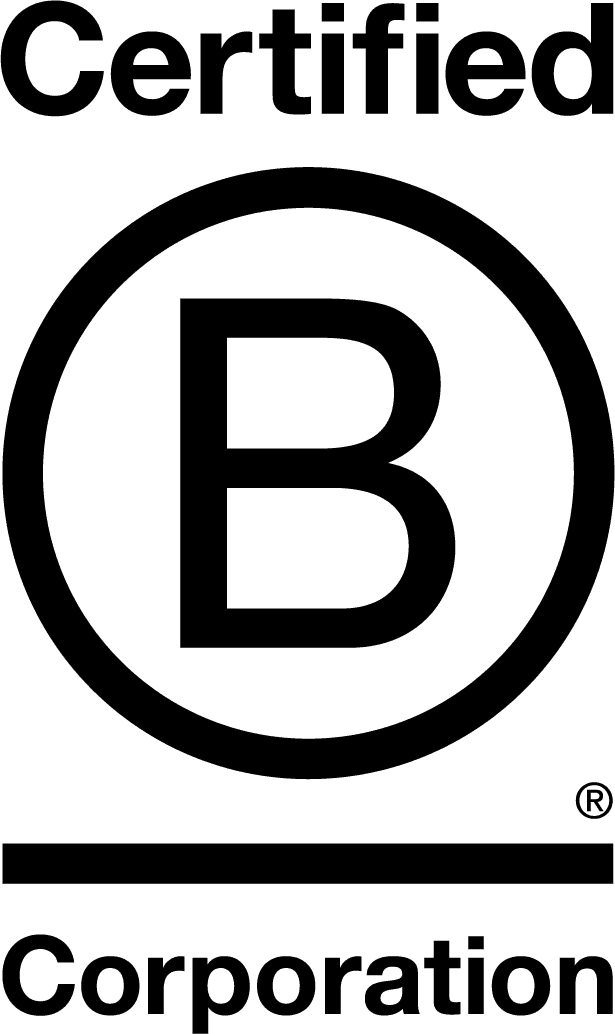

California Giant, Inc.

1.6
California, United States
November 2025
Agicultural support/post-harvest
Agriculture/Growers
Chile,
Mexico,
United States
Originally founded in 1983 with a simple mission—to provide the best quality strawberries and give back to the community—California Giant Berry Farms has grown from a small operation into a major packer-shipper. Today, the company's vision is to be the most sustainable berry company in the world. This goal is the driving force behind its commitment to delivering the highest quality berries and nourishing its communities. California Giant has expanded its offering to a full line of organic and conventional berries, supported by a strong network of grower partners across the Americas to ensure a year-round supply of exceptional fruit.